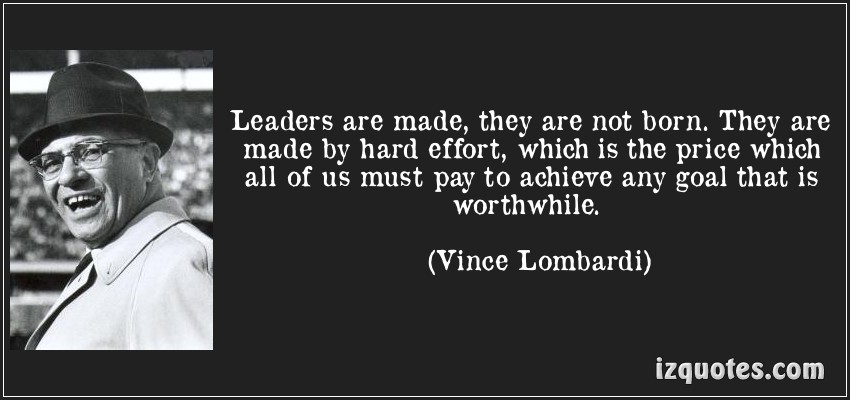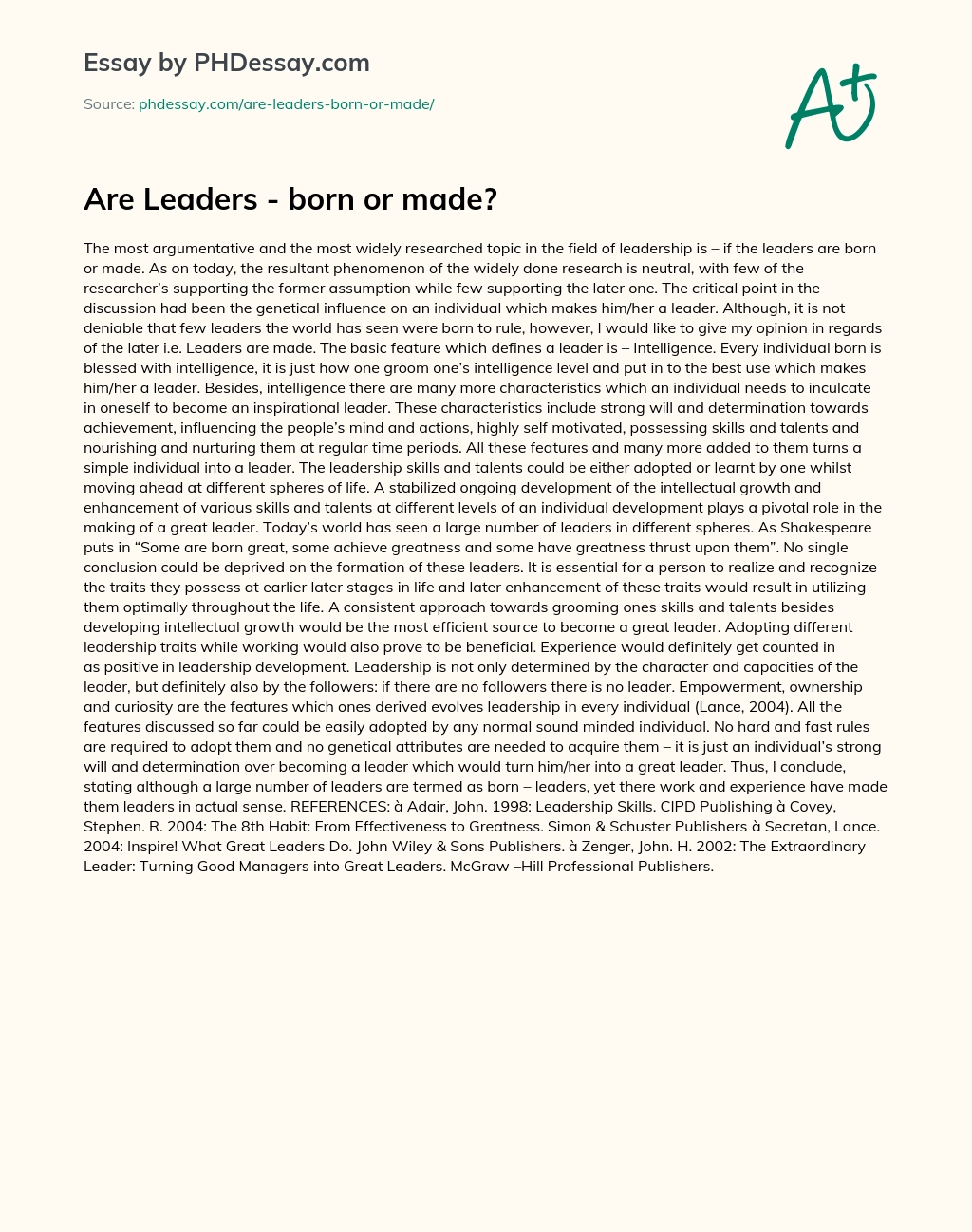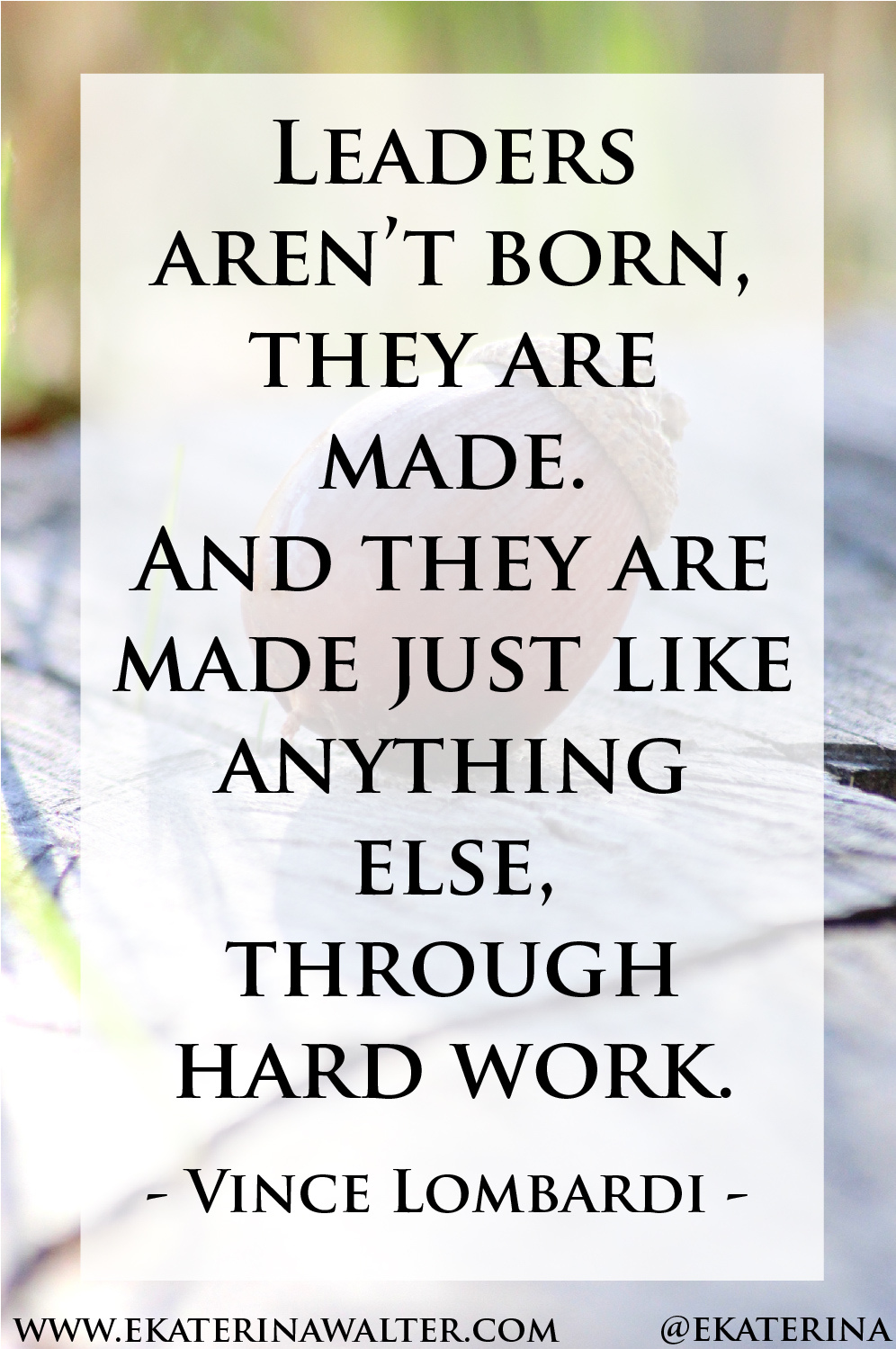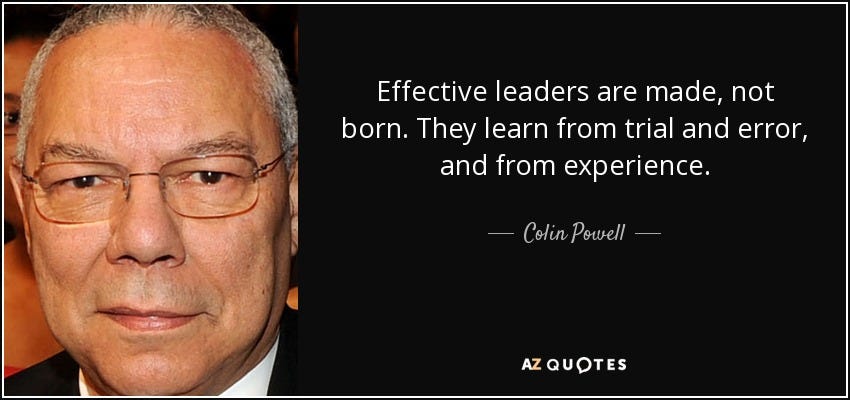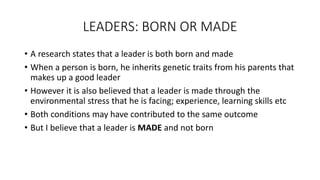Born leaders and made leaders are two different types of leaders who possess different qualities and characteristics. Born leaders are individuals who naturally possess leadership qualities and tend to take charge in various situations. They are confident, charismatic, and have the ability to influence and inspire others. Made leaders, on the other hand, are individuals who have developed their leadership skills through experience, education, and training. They may not possess the natural charisma of born leaders, but they have the knowledge and skills necessary to effectively lead and manage a team.
Born leaders are often natural leaders who have a strong presence and can easily gain the respect and admiration of their peers. They are confident and self-assured, and are able to inspire and motivate others to follow their lead. Born leaders are also good at making quick decisions and solving problems, as they have a natural ability to think on their feet and come up with creative solutions.
Made leaders, on the other hand, may not possess the natural charisma and confidence of born leaders, but they have developed their leadership skills through education and experience. They have learned how to effectively communicate with and motivate their team, and they have a deep understanding of the skills and knowledge needed to be a successful leader. Made leaders may also have strong analytical and problem-solving skills, as they have learned how to approach and solve problems in a systematic and logical manner.
Both born leaders and made leaders have their own unique strengths and weaknesses, and both types of leaders can be effective in different situations. Born leaders may excel in fast-paced and dynamic environments, where quick decisions and strong leadership are needed. Made leaders, on the other hand, may excel in more structured and predictable environments, where their skills in planning and organization can be put to good use.
In conclusion, both born leaders and made leaders have their own unique qualities and characteristics, and both types of leaders can be effective in different situations. Born leaders are naturally charismatic and confident, while made leaders have developed their leadership skills through education and experience. Both types of leaders can be effective leaders, and the most successful leaders are often those who are able to combine the strengths of both born and made leaders.
Great Leaders Are Made, Not Born
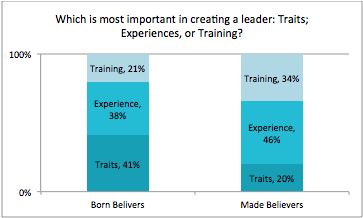
Can Charisma, Influence,Integrity and the ability to Inspire be taught? It used to be if you were tall, articulate, and well-schooled, you were a leader in other people's minds," Burgoon said. For more than 25 years, he's had the privilege of partnering with dozens of client organizations and leading hundreds of teams to become powerful influencers. So greater, not fewer, resources should go into leader development. The present study proposes to address the lack of research in this area by examining the heritability of leadership style, as measured by self-report psychometric inventories. You may be a leader but also a matter of whether or not you are in the position within which your talents can shine forth. But does that mean influencing is an innate skill that leaders must be born with? Goal-oriented Training First and foremost, your training needs to be goal-oriented. One man from Genesis 37 of the Bible, Joseph, shows three great examples of what a leader should look like.
Are Leaders Born or Made? Why the Question Itself is Dangerous

Most people can learn to manage well, start a business, lead a project team since good management is based on rules - rules that can be learned and mastered. The debate is about whether leadership is innate or can it be taught. She is so serious. Whether managing a growing business or leading a major corporation, leaders emerge by developing their natural talents. Does your DNA determine your leadership skills? As any process it is nurtured through hard effort, determination, confidence, trial and error, and, above all, experience. I think leaders have specific traits that make them effective in leading.
Born Leaders vs Made Leaders
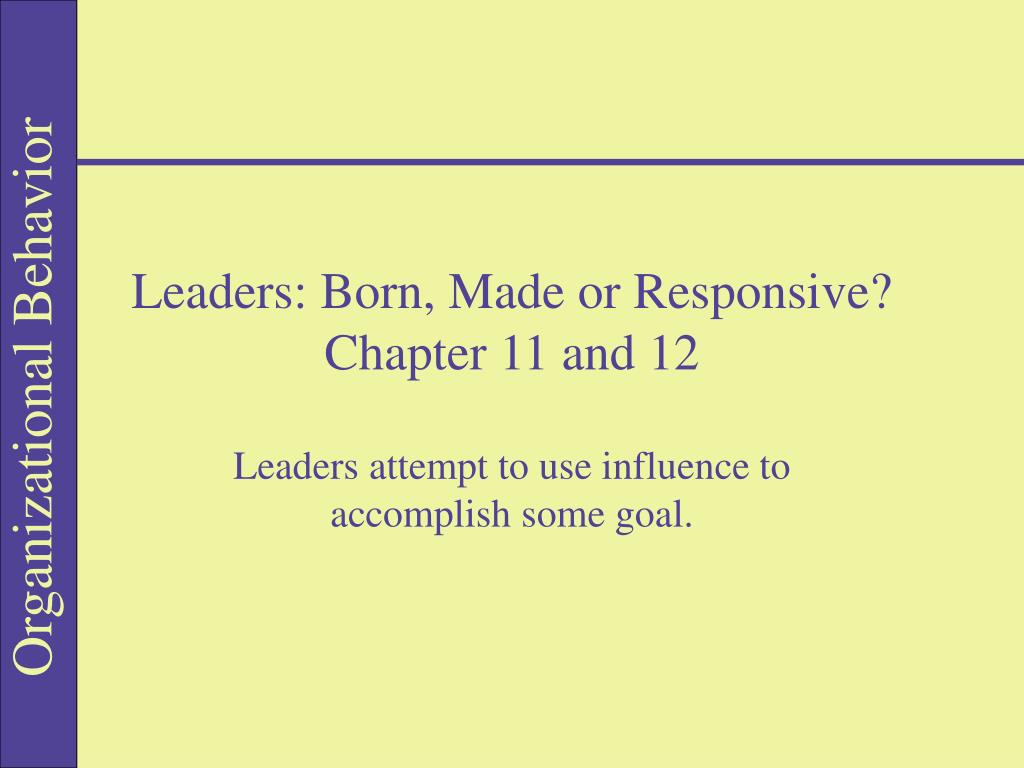
We designed a mentor leadership program to support both natural leaders identification and leadership development goals. Just like extraverts are generally praised for their energy, assertiveness, risk-taking, and surges of emotion, adrenaline, and explosive creativity and yes, these traits count just as much on the back-end of the pipeline as they do on the front-end ; there also are lots of traits generally associated with introverts that are critical characteristics for any good leader. I was always focused and driven and had a passion and desire to lead. These executives are doing the right thing by looking far ahead because they knew the business needs some great leadership talent to fill the future ranks. For example when I see my sister using her inherent ability to influence our younger brother and sometimes our parents to do the things she wants them to do.
Are leaders born or made? The Nature Vs Nurture Dilemma
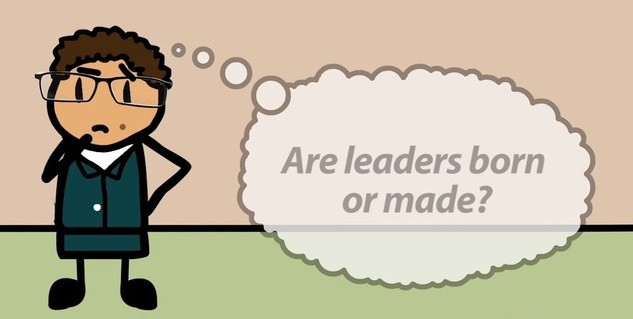
Can leadership training for managers create better leaders? If we look at the great leaders of the past such as Alexander the Great, Julius Caesar, Napoleon, Queen Elizabeth I, and Abraham Lincoln, we will find that they do seem to differ from ordinary human beings in several aspects. Digital solutions like accelerate career growth and team performance: Not only does it make a remarkably positive impact on your corporate culture at a human level, but also provides managers with valuable data insights to nurture leadership across the company. There are many different forms of leadership training available, ranging from courses that focus on specific soft skills to diverse programmes that cover all aspects of leadership. These can be highly beneficial for both companies and students. Did I get depressed? And every company can have great leaders without needing to go out and hire new senior-level employees. At what scale then can we say they are born or made i am not sure. If you are a nurture thinker, however, bear in mind that with the right organizational culture and digital tools for professional development, you can nurture leaders that can tackle any internal or external situation— from attrition to an unexpected global crisis — successfully.

